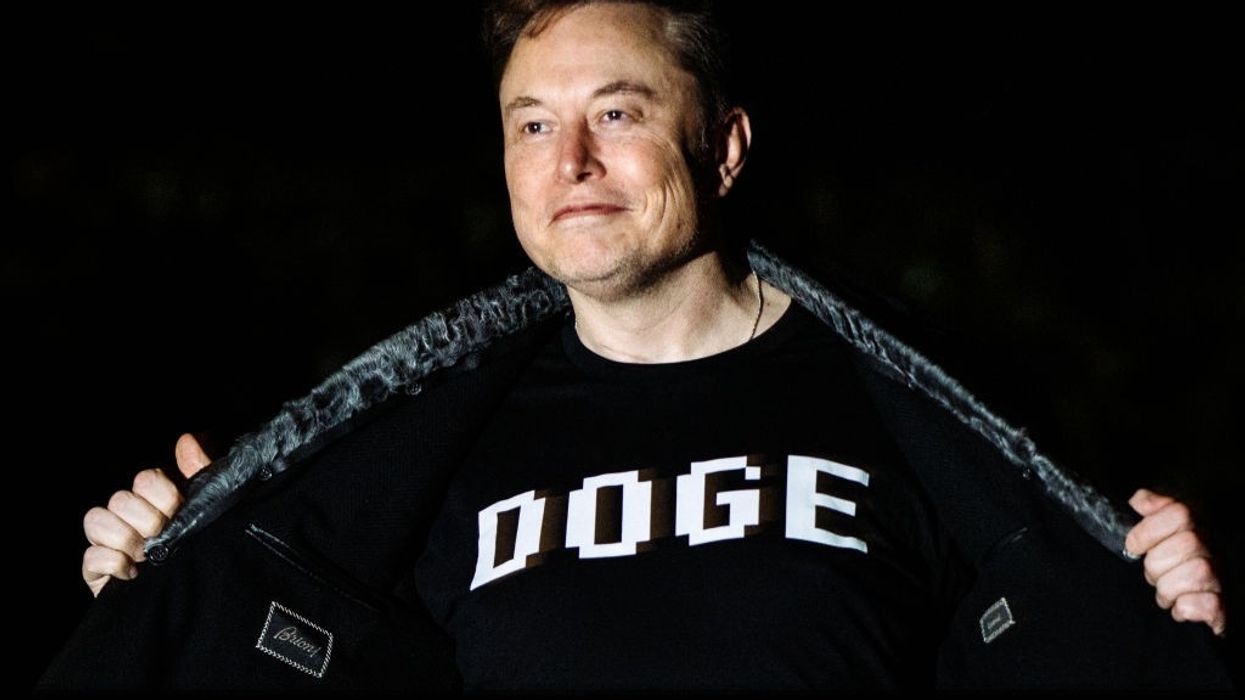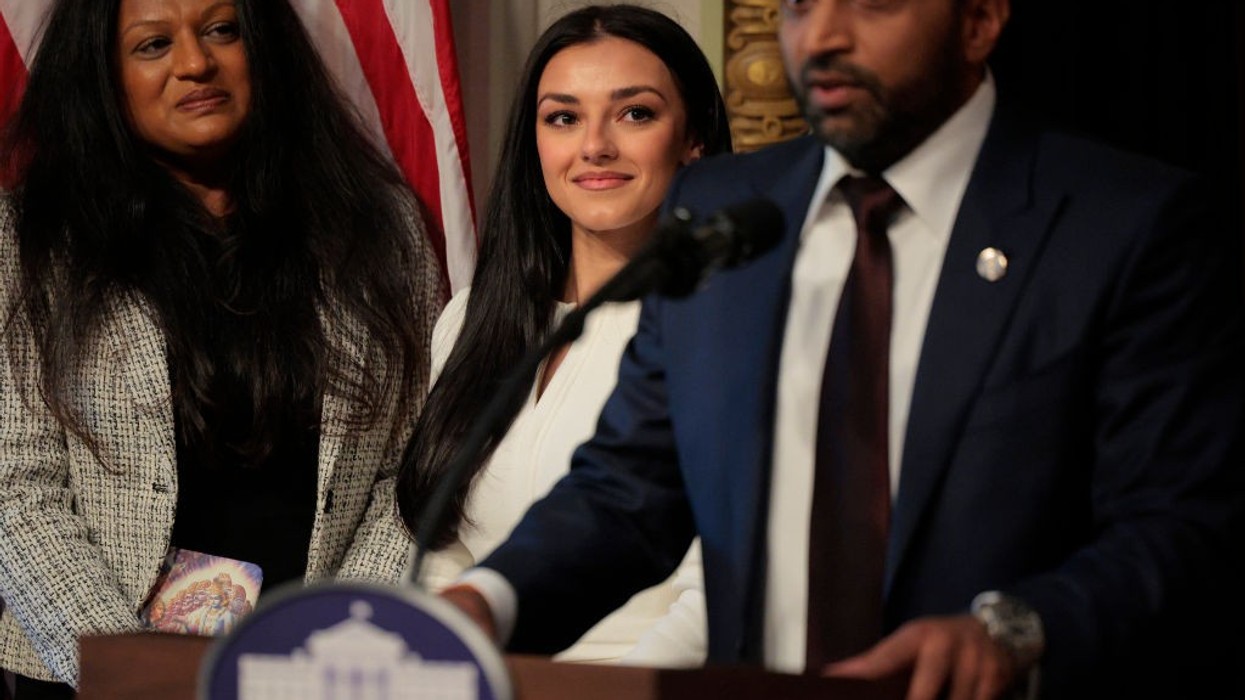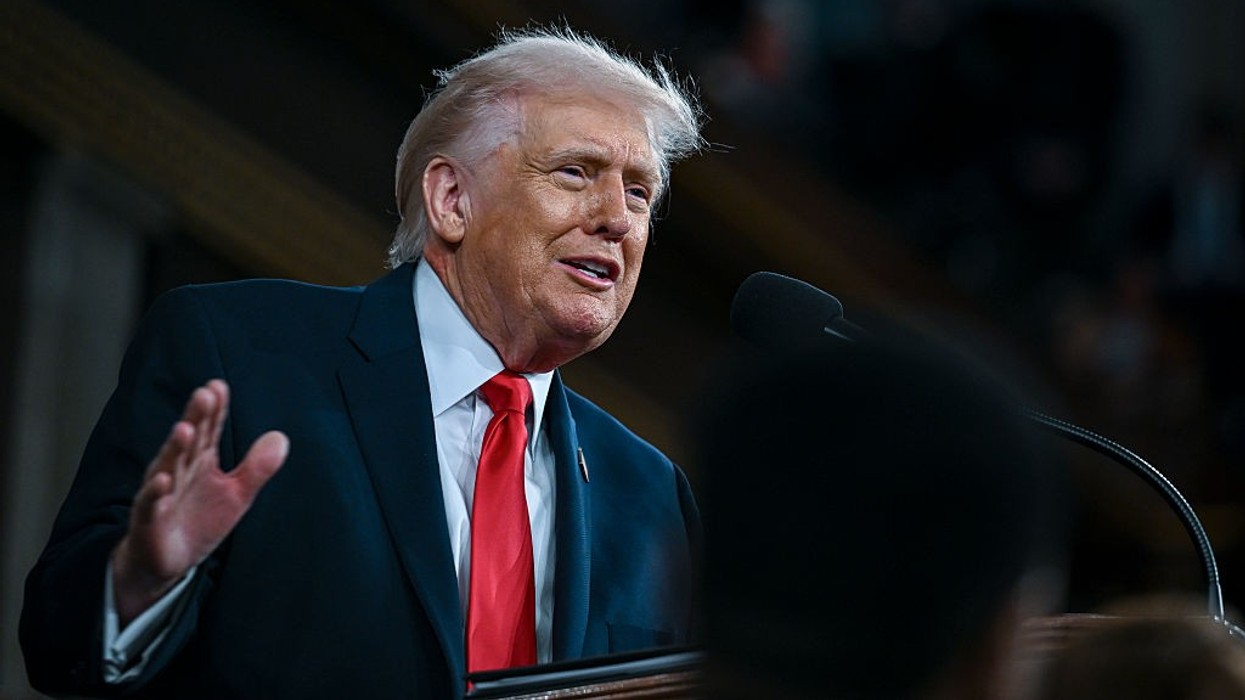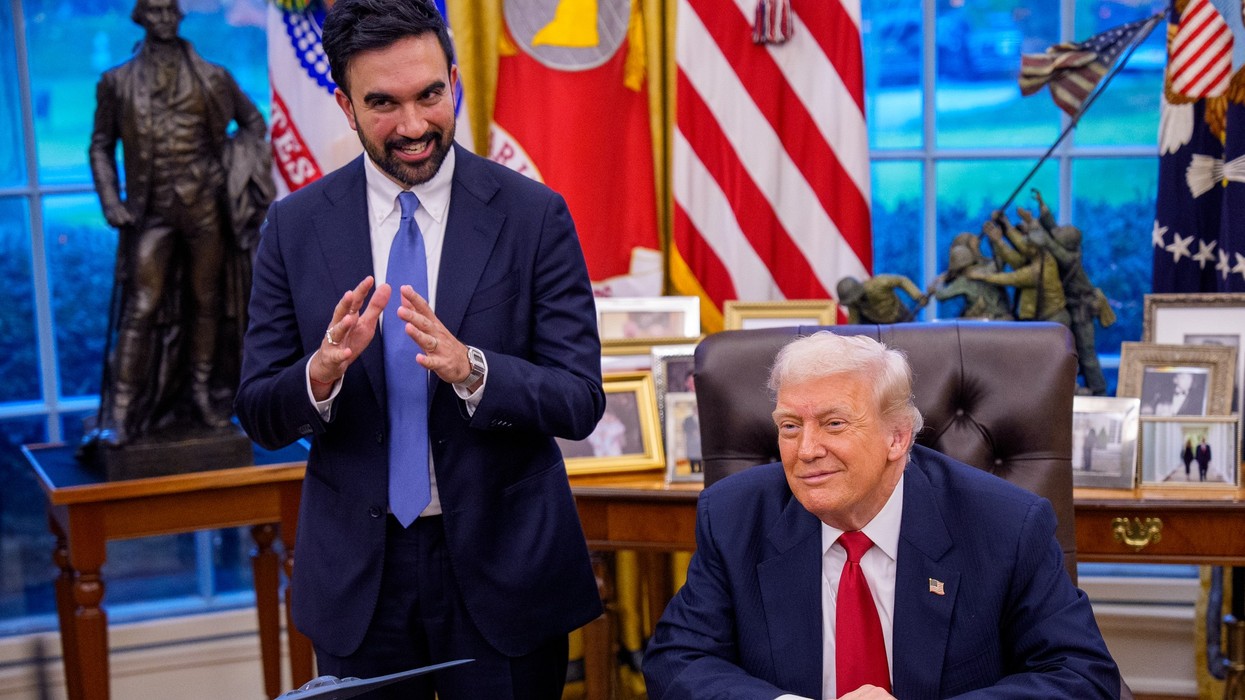Highlights:
- Doge dissolved eight months before its mandate ended.
- OPM director confirms the agency “doesn’t exist” as a central entity.
- Created by Trump and led by Musk and Ramaswamy for federal reform.
- Over 200,000 federal workers laid off under its operations.
Key Doge leaders reassigned to other senior government posts. The Department of Government Efficiency, widely known as DOGE, has reportedly been dissolved well before its mandate was set to expire, bringing an abrupt end to a turbulent and highly scrutinized operation that reshaped federal employment and stirred political controversy.
With eight months remaining on its contract, the department now appears to have vanished from the federal landscape quietly and without formal announcement.
Confirmation came indirectly when Scott Kupor, the director of the Office of Personnel Management (OPM), told Reuters earlier in November that DOGE 'doesn't exist' as centralized entity. His comments validated months of speculation that the Musk-led agency had effectively ceased to function despite the absence of any official closure from the White House.
DOGE was created by an executive order signed by president Trump on his first day in office and was heralded as a vehicle for sweeping reform. Tech billionaire Elon Musk and former Republican president candidate Vivek Ramaswamy were appointed to spearhead what the administration described as 'large-scale structural reform' across the federal workforce, with the project scheduled to run until July 2026.
Despite Musk's earlier insistence that DOGE operated with unmatched transparency, the department faced consistent criticism for opaque practices. Agents frequently refused to identify themselves as they swept through federal agencies affected and offering little public documentation of their decisions. The lack of accountability made it nearly impossible for experts to verify DOGE's claim that its actions saved billions of taxpayers' dollars.
Rumors of the department's demise intensified over the summer. In June, Politico reported that staffers had packed their personal belongings and bedding from DOGE's headquarters, where many had been sleeping since February and begun searching for new housing.
The move came shortly after a heated public feud erupted between Trump and Musk, leaving employees anxious about legal consequences for their role in eliminating federal positions.
By May, over 200,000 federal workers had been laid off, and approximately 75,000 had accepted buyouts. For many inside DOGE, the combination of public backlash, internal instability, and mounting fears of criminal liability made the workplace increasingly untenable.
A former DOGE official told Politico that mid-year, directives from anyone claiming DOGE affiliation were no longer taken at face value. “Now, if somebody from Doge… asked me to do something, I wouldn’t just blindly do it,” the official said, underscoring the confusion and mistrust that defined the department’s final months.
While the Trump administration has remained largely silent on the agency's apparent dissolution, Reuters reported that OPM has already assumed many of DOGE's former responsibilities. Trump himself has increasingly referred to DOGE in the past tense, and Musk's departure from Washington in May only deepened suspicions that the project was effectively abandoned.
Even as the office faded away, many of its senior figures transitioned into high-level government roles. Amy Gleason, DOGE's acting administrator, became an adviser to Health and Human Services Secretary Robert F Kennedy Jr. in March. Zachary Terrell now serves as the Department of Health's chief technology officer, while Rachel Riley has moved to lead the Office of Naval Research.
The most visible relocation was that of Airbnb co-founder Joe Gebbia, whom Trump tasked with modernizing and beautifying federal websites. Since leaving DOGE, Gebbia has launched initiatives to recruit law enforcement officers for Washington, DC, and to promote the administration's drug-pricing agenda.















